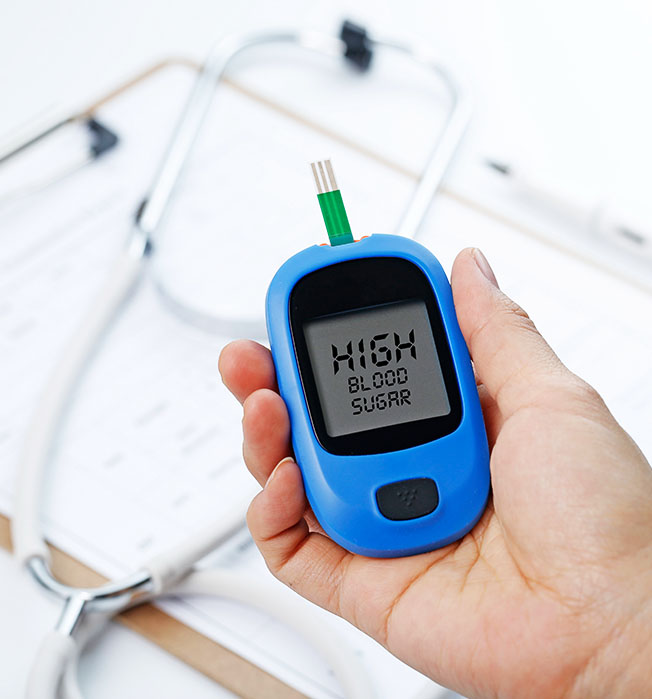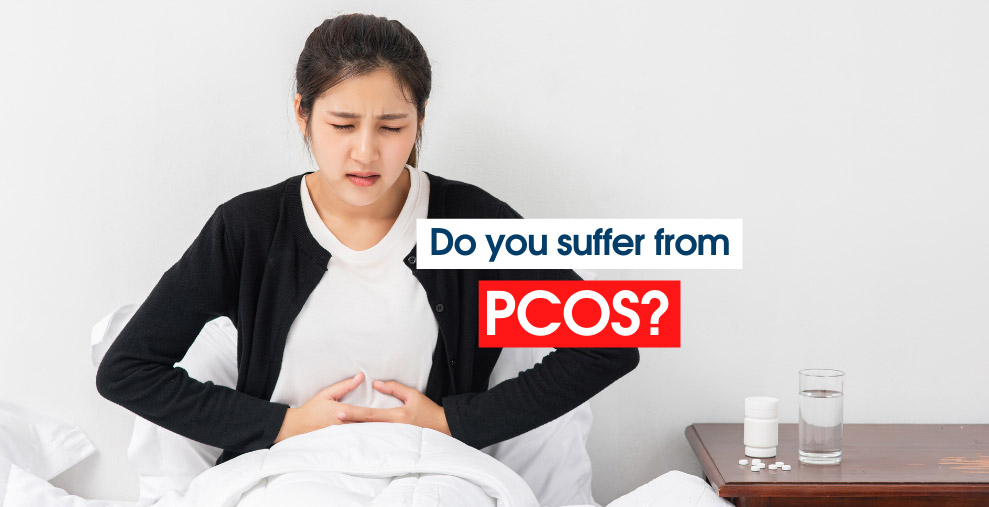What is PCOS?
PCOS is a hormonal illness that affects a large percentage of women of childbearing age. This disorder causes infrequent or prolonged periods by disrupting the hormonal balance by increasing the production of male hormones (androgen). PCOS follicles with immature eggs develop cysts that grow inside the ovaries and do not mature as a result of this. Failure to develop mature eggs can interfere with ovulation, resulting in infertility.
Is PCOD and PCOS are same?
Image result for what is pcos and pcod
Polycystic Ovary Syndrome (PCOS) is a disorder of the endocrine system, while PCOD is a condition developed by the imbalance of hormones
Symptoms of PCOS

Around the time of their first menstruation, some women begin to experience symptoms. Others don’t find out they have PCOS until they’ve acquired a lot of weight or struggled to reproduce.
The following are the most common PCOS symptoms:
- Periods which are irregular. The uterine lining is not shed every month due to a lack of ovulation. Some women with PCOS have fewer than eight or no periods per year.Some women with PCOS have fewer than eight or no periods per year.
- There is a lot of bleeding. Because the uterine lining develops over a longer length of time, your periods may be thicker than usual.
- Hair grows on the face and body of more than 70% of women with this disorder, including the back, belly, and chest. Hirsutism is the term for excessive hair growth.
- Male hormones can induce breakouts on the face, chest, and upper back by making the skin oilier than usual.
- Gaining weight. PCOS affects up to 80% of women, with up to 80% of them being overweight or obese.
How PCOS is Diagnosed
There is no definite test to diagnose PCOS. Your doctor will most likely begin by going through your medical history, including your menstrual cycles and weight fluctuations. Excess hair growth, insulin resistance, and acne will all be checked during a physical checkup.
Following that, your doctor might suggest:
A Pelvic Exam : The doctor examines your reproductive organs visually and manually for lumps, growths, or other abnormalities.
An Ultrasound: Your doctor examines the appearance of your ovaries as well as the thickness of the uterine lining. In your vaginal canal, a wand-like instrument is inserted . Sound waves are emitted by the transducer, which are translated into visuals on a computer screen.
Blood Tests: Hormone levels can be measured by analysing our blood. This test can rule out the possibility of PCOS-like menstrual irregularities or androgen excess. Additional blood tests may be performed to assess glucose tolerance as well as fasting cholesterol and triglyceride levels.
Causes of PCOS
Androgen levels that are greater than usual can have an impact on your fertility and other aspects of your health.
Diabetes

Polycystic ovarian syndrome (PCOS) is a condition that affects 5-13 percent of women of reproductive age and is linked to insulin resistance and increased testosterone levels. In most situations, it contributes to female infertility. Follicular cysts develop in the ovary as a result of the buildup of immature eggs that would normally be discharged during ovulation. India has one diabetic for every sixth person on the planet. India is one of the top ten diabetic countries in the world, having approximately 77 million diabetics.
According to the IDF Diabetes Atlas’ ninth edition, these numbers are predicted to rise to 134 million Indians in the next 25 years, keeping India in second place. While diabetes affects people all over the world, it is becoming a bigger problem for women with PCOS.
According to the All India Institute of Medical Sciences (AIIMS), one in every four women has PCOS, while one in every ten women between the ages of 35 and 49 has diabetes (the Journal of Diabetes & Metabolic Disorders). Both type 1 and type 2 diabetes damage women’s ability to conceive by causing irregular menstruation (oligomenorrhea) and/or nonexistent period (secondary amenorrhea). Obesity has also been linked to these issues.
Pregnancy
PCOS disrupts the regular menstrual cycle, making it more difficult to conceive. Fertility issues affect 70 to 80 percent of women with PCOS.
This illness can also raise the chances of difficulties during pregnancy.
Women with PCOS are twice as likely to give birth prematurely than women without the illness. They’re also more likely to have a miscarriage, have high blood pressure, or develop gestational diabetes.
Women with PCOS, on the other hand, can conceive with fertility medicines that improve ovulation. Losing weight and controlling blood sugar levels can help you have a healthier pregnancy.
Sleep Apnea
During the night, this disorder produces periodic pauses in breathing, disrupting sleep.
Obese women are more likely to suffer sleep apnea, especially if they also have PCOS. Those with both obesity and PCOS have a 5 to 10 times increased risk of sleep apnea than women without PCOS.
Endometrial Cancer
The uterine lining sheds during ovulation. The lining can thicken up if you don’t ovulate every month.
Endometrial cancer is more likely if your uterine lining thickens.
Depression
Hormonal changes, as well as symptoms such as undesired hair growth, can have a detrimental impact on your mood. Depression and anxiety are common side effects of PCOS.
Do you know?
Diabetes can also affect women’s fertility by delaying the onset of menstruation . This can cause excessive blood sugar levels, which can lead to ovarian ageing and premature menopause. Diabetes is linked to menstrual irregularities, especially in women of reproductive age. As a result, diabetes can shorten a woman’s reproductive lifespan while simultaneously disrupting her biological clock.
Prevention & Care

Women who want to avoid or are already suffering from diabetes and/or PCOS should adopt healthy lifestyle habits to avoid negative consequences in the long run. Regular exercise would contribute in the fight against obesity, the burning of extra sugar, and the reduction of insulin resistance in the body. To keep the mind and body in good shape, a well-balanced nutritional diet rich in proteins, whole grains, and healthy fats, as well as lots of fresh fruits and vegetables and adequate hydration, is essential. A good night’s sleep is also vital for hormone regulation and stress relief.
Making such healthy lifestyle adjustments and choices can help to reduce the risk of diabetes and/or PCOS by lowering hormonal imbalances in the body. It’s also a good idea to see a doctor for a diagnosis and treatment plan, especially if you’re hoping to start a family.
